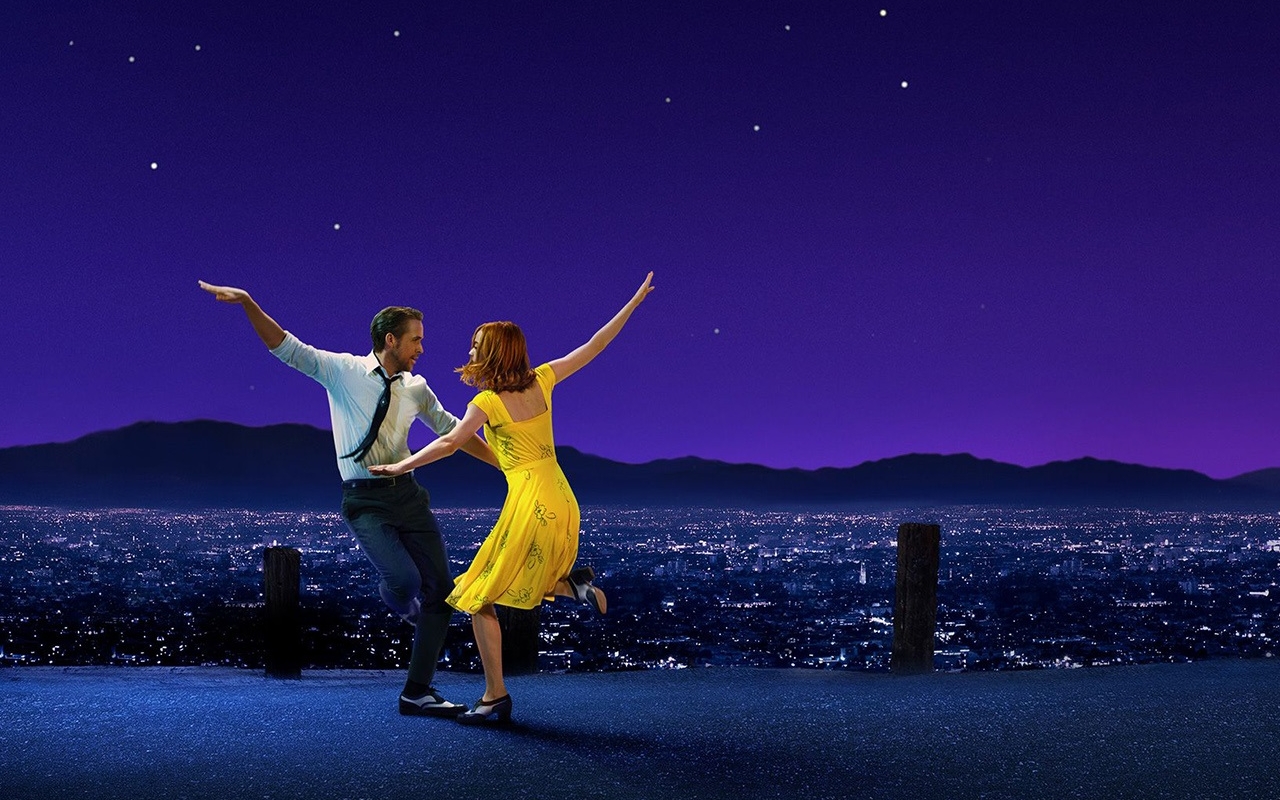Editor's Three Key Takeaways
- You'll find a career where and when you least expect it: like working on Bill Clinton's campaign and then stumbling into entertainment and media.
- Don't be afraid to go against the grain in order to gain the skills and connections necessary to do what you eventually want.
- Business school students are some of the most creative and interesting you'll ever meet, take the time to truly know your peers and classmates.
Lawrence Szabo is the Executive Vice President of Lionsgate—the studio behind La La Land, Orange is the New Black, and the Hunger Games series. He completed his undergrad at UCLA and worked in investment banking before getting a Wharton MBA. From there he worked on the Clinton Campaign and then started his media & entertainment career at MGM Studios. He is currently in charge of the North American television and digital sales departments of Lionsgate.
From Investment Banking to Entertainment
Tell us about how you transitioned from your Wharton MBA into the entertainment industry.
So before going into graduate school I had a career in investment banking. I wasn't that far off from the DNA that matriculating Wharton students have, working in fields like finance or engineering or consulting. I got to Wharton and I think I could have carried on in financial services, and certainly with all the companies that populate Career Services it was really easy to do that. But I just knew that the beauty of this degree was that I could shift into another industry.
If you fast forward through my four years of investment banking between undergrad and Wharton, I had a great time. In some respects I still use that investment banking experience because of all the problem solving and the analytical skills that were required to work on the businesses that I did. But in the end, coming out of business school I said to myself now’s the time to apply all of the work experience, all the thinking to an industry that I really love—and that is media and film and television.
Some people choose investment banking because they don't know what they currently like and they think doing two or three years of it will open up doors. Was that true for you?
It was definitely hard. Wharton has come so far since I graduated—I’m Wharton grad ’92 so I'm about to get on a plane and come back for our 25th reunion. We didn't have the resources, the alumni…Wharton’s really made inroads in the field of entertainment through the LA WIEP trip, the West Coast campus, and the commitments to developing relationships here. I didn't have any of that. I felt like it was truly an independent job search, and my summer internship at an independent film company came through resources that had nothing to do with Wharton. The internship and the MBA did open some doors, but the way that I ended up in the industry was extremely nontraditional.
My second year on campus we had a speaker come named Bill Clinton who was a governor from Arkansas running for president. And I went to that—and that’s the great thing about Penn and Wharton: the speakers that we have are amazing and they're there every week from every sector of the economy and society. So I thought, wow this is something that I'm interested in – public policy! I even took public policy classes when I was at Wharton. Later, I was back on the West Coast doing my entertainment job search when I was invited to a reception. There, I was introduced to a figure in the Democratic Party and was offered a job after graduation to work on [Clinton’s] campaign.
By graduation, I accepted the job on the Clinton campaign, and little did I know, I started to meet people on the campaign that had ties to Hollywood - which is kind of crazy. Now I realize that Washington and Hollywood are kind of sister cities. They both are one-company towns and both have a lot of entertainment companies and personalities that have connections to political candidates or parties. It was really fruitful for me to start meeting people through the campaign that had ties to Hollywood. Long story short, it got me a lot more interviews and I started at MGM Studios one week after the ’92 election.
Metro-Goldwyn-Mayer Studios (MGM) is most known for The Wizard of Oz, Singin' in the Rain, and several James Bond movies. Source: MGM Studios.
Stumbling into New Careers
That’s crazy that you deliberately chose the policy route first but it still led you to media.
Yeah. And you know I'm not so sure Career Services would be happy with me. Or even my parents—when they arrived at graduation and we were going to these little parties and receptions, they were like, “Why is my son going to work for a stipend on a political campaign when all his friends are taking big banking jobs?” It was just part and parcel of a nontraditional career. I worked at a company that has tripled in size in the six years that I've been here at Lionsgate. And I think we just started going on campus for visits. It's just a different timeline, a different landscape for how talent comes into the industry.
Hopefully as more Penn alumni start going to these industries, Career Services will feel more of a pressure to bring these companies over to recruit.
I just want to make a note about that. I think that there might be a perception here in Hollywood that if somebody’s going to Wharton, whether it is undergrad or grad, they're one-dimensional – like they’re finance wonks. We hosted the Wharton crew recently [from the WIEP trip] and we gave them a case about television distribution. The whole challenge was to come into Lionsgate and demonstrate a sales pitch for a specific network.
When I saw the groups of students get up and talk so eloquently about why they were recommending a given portfolio of films they picked, I thought to myself,
This is so much more than a group of finance students. They're worldly, they're international, they have stories to tell, and some of them have creative sides.
That's a challenge on the business schools to say that we not only have the best and the brightest but they're interesting and creative and progressive and have bright minds. So I just wanted to share that with you because that's one of the things that I think students have to break through as well. I still hear people say, wow I'm surprised you're on this side of the business, why aren't you a CFO? It’s a legacy that we have to carry in our Wharton backpacks - that we're the big finance school.
Wharton has the 2nd highest percentage of graduates going into finance of all business schools. Source: Veritas Prep.
Balancing Parental and Personal Expectations
As you were coming out of Penn, how did you balance getting the career you wanted with pressure from your parents and monetary concerns?
That's the question that never gets asked, and I will answer it with full transparency. I was nervous because much of my degree was financed through student loans. So I thought to myself, what am I doing? I did do some consulting interviews, but I just didn't have my full heart in the discussions with the recruiters. It was nothing like the passion I had for media. At the end of the day, I had some tough conversations with my parents along the lines of, you spent how much on this degree and you're doing what?
And I think part of it was that the election had an end date. The campaign job was almost like a special project. It wasn't like I was going to work at a nonprofit. But I saw value in expanding my set of relationships so my parents finally came around. Then I got a job offer at MGM and it was a great offer in terms of fiber and content. It was an entry level studio salary so I did have roommates for the first year. But I think I flattened my student loans to make them more bearable or level.
That's the thing about entertainment—there's this mail room mentality and the salaries coming out of undergrad and grad reflect it. I found that I had to work with that because my parents had no affiliation with the entertainment industry to help me out. I'm first generation American—my parents are from Hungary. And they liked when I said to them in high school that I wanted to go to medical school. They were like, “Of course you do! That's what we expect of you!” I was salutatorian in my school, I got straight A’s, I got scholarships, I was doing what that first born immigrant child is supposed to do. And then I veered off in the left lane.
Read on for Lawrence's day-to-day in media & entertainment, and the making of La La Land. (5 min)
Disclaimers: The views presented here are solely those of the interviewee. They do not represent Lionsgate, MGM, or any of the other individuals or institutions named above.
Header photo courtesy of Lionsgate.



